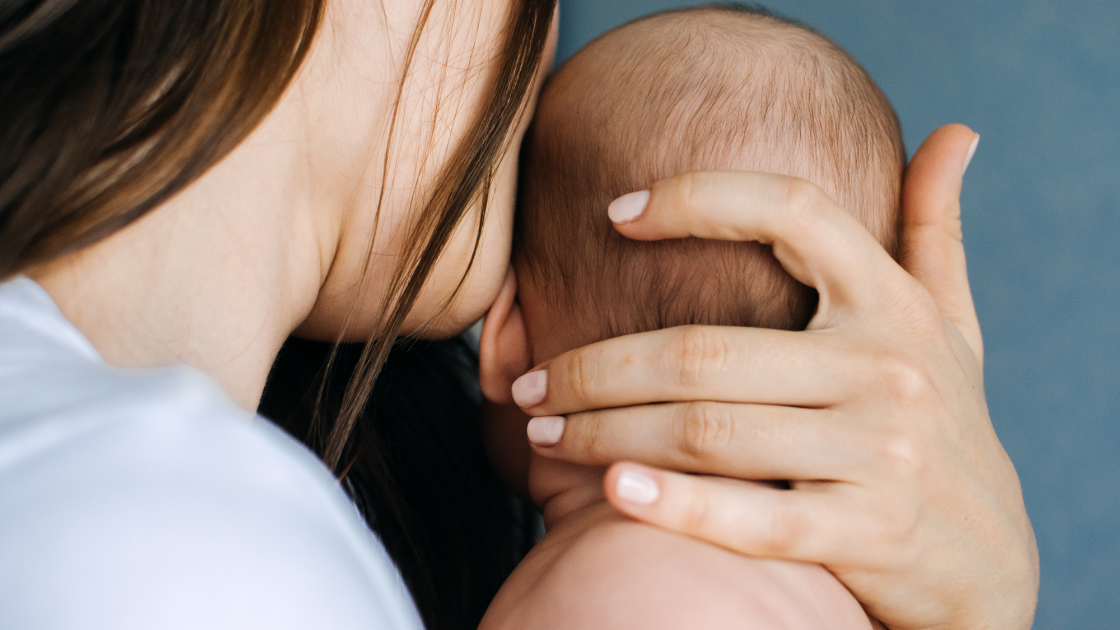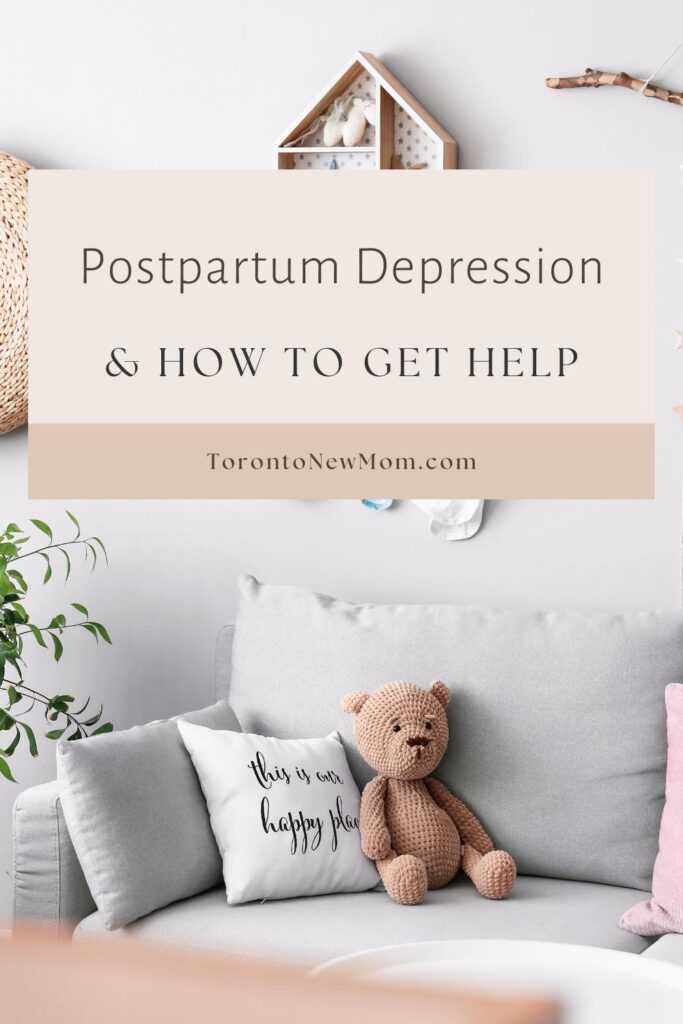
Postpartum Depression and How to Get Help
Most women will experience some form of baby blues after having a baby. These last 1-2 weeks are general feelings of sadness, irritability and just feeling overwhelmed. Some women will have them more severely than others; some will not have them at all. But when baby blues are hanging around longer than a few weeks, it could mean you are suffering from Post-Partum Depression (PPD).
What’s important to know is that PPD is very much a thing and the sooner you take action, the better. PPD is a widespread occurrence and often unreported and undiagnosed. 85% of women will experience mood disturbances after delivery. 1/7 of which will experience PPD. Over 50% do not receive treatment.
What are the signs of Postpartum Depression
Here are some symptoms of PPD
- Depressed mood
- Severe mood swings
- Crying a lot
- Difficulty bonding with your baby
- Acting withdrawn from loved ones
- Loss of appetite or overeating
- Sleep issues
- Overwhelming tiredness or loss of energy
- Feeling worthlessness, shame, guilt or inadequacy
- Thoughts of harming yourself or baby
- Recurring thoughts of suicide
When should you contact your doctor for Postpartum Depression
What’s important to know is that this is completely normal and there is a lot of help out there for PPD. But you need to find that help and let people know about it.
It is important to see your doctor, when:
- Symptoms do not fade after two weeks.
- Things are getting worse.
- Symptoms prevent you from taking care of your baby or completing daily tasks.
- Symptoms include thoughts of harming yourself or your baby.
You can do some things to help you deal with PPD, such as
- Speaking with your doctor- this is the most important step
- Getting as much rest as possible.
- Connecting with other moms.
- Creating time to take care of yourself.
- Avoiding alcohol or recreational drugs.
Postpartum depression is a common occurrence in women after giving birth. Their symptoms and severity vary from person to person and from pregnancy to pregnancy, and most women will tend to concentrate on the baby, ignoring their own needs during this very stressful and hard time. It is important to be aware of these symptoms, listen to your body and seek help as soon as possible.
Here are some clinics and support groups in Toronto:
- Postpartum Depression Services in Toronto
- Midtown Toronto Therapy
- Advance Health
- Therapy Tribe
- Mother Matters is an online support group for women at Women’s College Hospital.
DISCLAIMER: THIS BLOG POST DOES NOT PROVIDE MEDICAL ADVICE
The information, text, images, and other material on this page are for informational purposes only.
Please reach out to your health provider with any medical concern
You are not alone!
- Things to Do in West Palm Beach with Kids - February 8, 2026
- 5 Tips to Boost Your Child’s Immune System - February 5, 2026
- Exploring Miami with Kids: A Canadian Family’s Winter Escape - January 6, 2026






Facebook Comments